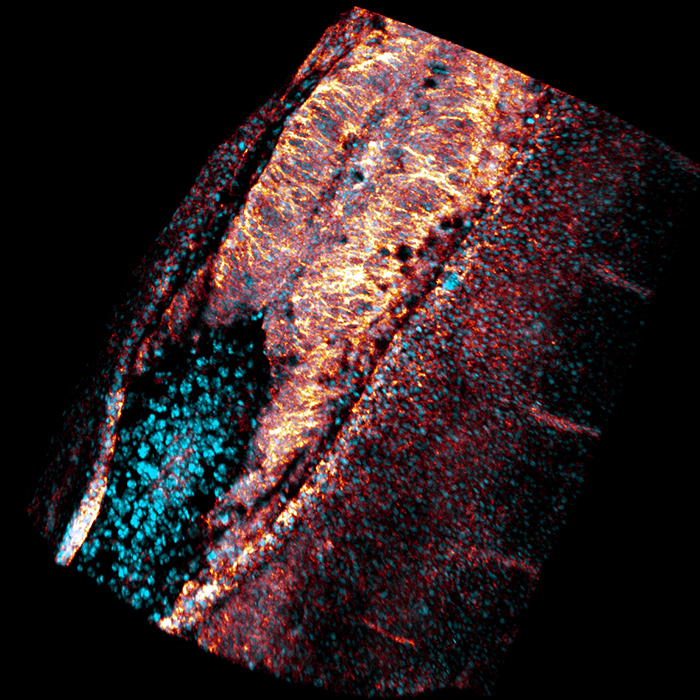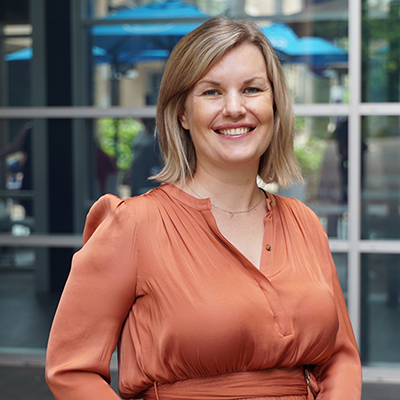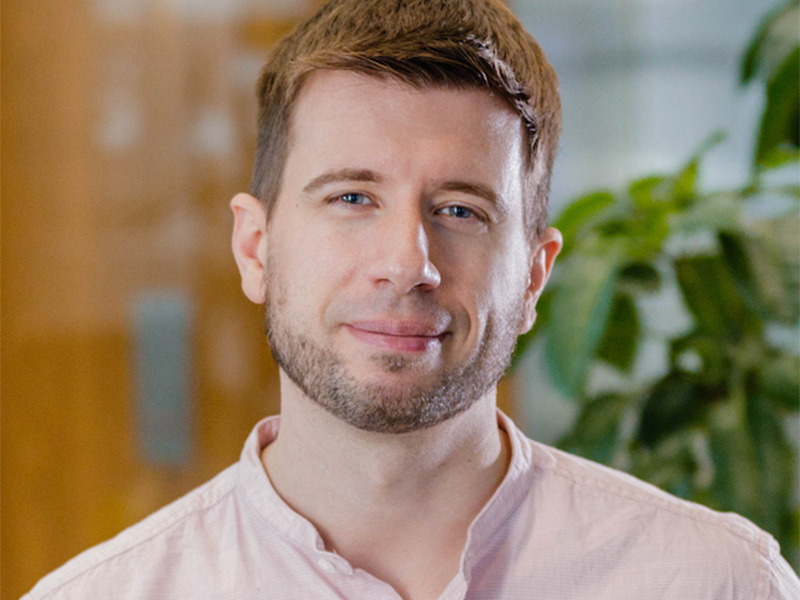IMB researchers will tackle fundamental questions at the start of life and at the end, global issues of cancer, COVID-19 and obesity, with $4.5 million of support from the National Health and Medical Research Council’s Ideas Grants.
Understanding neural tube defects

Dr Melanie White’s research focuses on a devastating medical condition: neural tube defects, affecting 300,000 babies worldwide each year - the second most common birth defect.
“The brain and spinal cord control most functions of the body and the mind, yet how they first form is poorly understood,” Dr White said.
“Both structures arise from the neural tube which forms early in development – around 3 to 4 weeks.”
Spina bifida is the neural tube defect many people are familiar with, but this is the mildest form of the condition because most are not compatible with life.
The processes that occur to produce the single continuous neural tube are poorly understood and research has been hampered by lack of good models which work consistently with the live imaging in which Dr White specialises.
“The closest model to humans for this stage of early development is birds and, traditionally, chicks, but labelling their cells with fluorescent markers - making them transgenic - to track them under the microscope has been problematic.”
Coupling quails and fluorescent microscopy
Dr White has harnessed a recent breakthrough in the production of transgenic quail embryos to set up a quail facility at IMB to accelerate this research.
“The cells in the quail embryos can be labelled beautifully with fluorescent markers, which enable us to see the stages of development in real time using live imaging,” Dr White said.
“Understanding the underlying process of neural tube formation will form the basis of diagnostics and treatments for these birth defects in the future.”
Dr White will use her NHMRC Ideas grant to understand how cells arrange into a continuous neural tube during development and what goes wrong when genes linked to human neural tube defects are mutated.

Studying the fate of cancer in epithelial cells

Professor Alpha Yap has been awarded an Ideas Grant to study the epithelial mechanics and the fate of cancer. Many common cancers originate in epithelial tissues, such as the breast, lung, colon and skin and his research will test how the abnormal function of the host epithelium can increase the risk of a newly-transformed cancer cell being retained in the body to progress into a clinically significant tumour.
Understanding how COVID-19 affects blood vessels

Dr Emma Gordon and Dr Larisa Labzin's Ideas Grant will be used to understand how virus-induced vessel defects occur in COVID-19 patients, so better treatments can be developed for patients with acute and long term disease.
Researching links between inflammation & obesity

Dr Denuja Karunakaran is researching the links between inflammation, circadian clock disruption & obesity, exploring new anti-obesity therapies whilst obesity rates continue to soar despite decades of efforts to promote lifestyle changes
Targeting the underlying causes of ageing

In order to prevent unsustainable burdens for the health system and to reduce human suffering, innovative new therapies are needed to target the underlying causes of ageing and Dr Christian Nefzger will be using his Ideas Grant to improve the function of aged cells.



